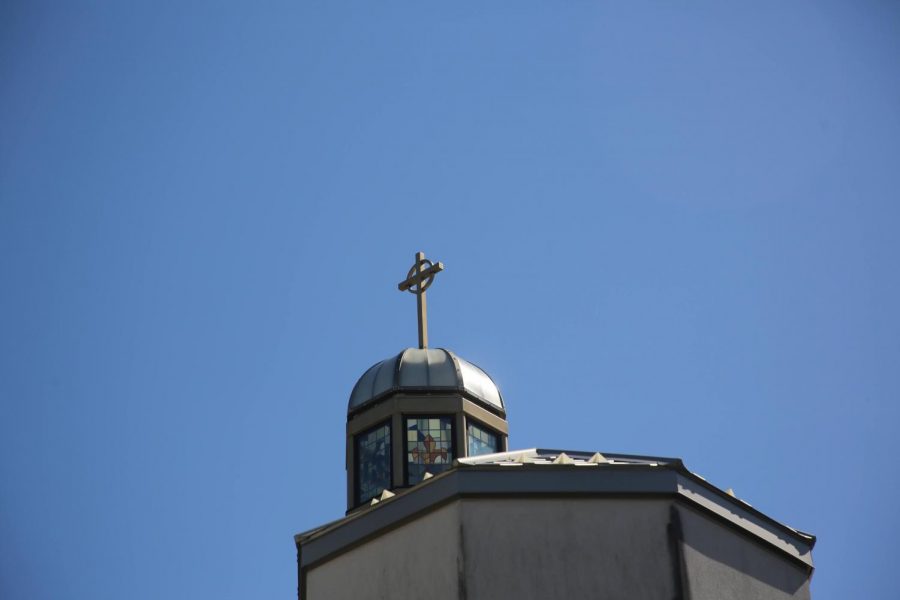Here we go again, another article documenting what we all know already: We live in a primarily online world where Zoom calls and emails are the links keeping those of us who want to stay as safe as possible, as close as possible. It’s so easy to drown in virtual obligations, especially for college students. The motivation to actually go to class and participate in discussions is not there, especially when all it takes is a button to do so. The click of a bright red rectangle in the bottom corner of the screen leaves students free to do what they wish — making online classes feel almost optional when they’re really not.
College students have difficulties managing work and school as it is, but to do so virtually is much more gruesome. I can attest to this myself, as I have a remote internship, my classes and extracurricular obligations to balance. Do I have a research paper due next Monday? Yes. Will it be done by the time this is published? Probably not. And in addition to balancing all these online obligations, as a Christian, I feel guilty for not being able to be as involved in my church as I would have hoped. But who is to blame: the pandemic or myself?
My first piece for the Torch talked about the transition of churches to the virtual world, which has proven quite successful for the Greek Orthodox community. However, not all church communities were afforded that same seamless transition. This inevitably resulted in a significant lack of parish participation whether by will or by inaccessibility. Regardless, I could have easily joined online masses, but I didn’t. Amidst the whirlwind of assignments and activities this past semester, I have dealt with this issue on my own. I realized that stepping foot in the church is not where my faith begins, and stepping out of that sacred place is not where it ends.
My relationship with my faith is contingent upon my own beliefs and the relationship I build with my higher powers. My family keeps icons throughout our home, but the number of framed saints does not correlate to the measure of devoutness among the family. How we value these figures on our own is how we measure our faithfulness. If you were concerned about keeping your faith close throughout these past few months, I recommend treating your religion as a relationship — the energy and attention you give it, it will give you back. If you value it enough, you should stay the course.








